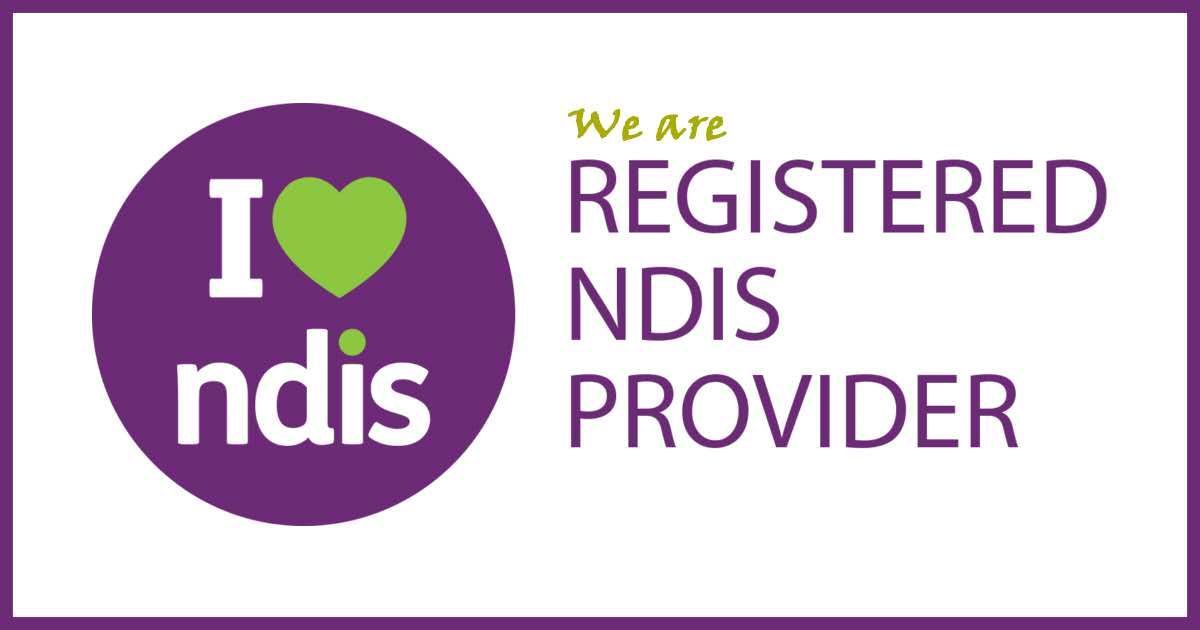How Nursing Staffing agencies bridge gaps in Aged Care and Hospitals
Healthcare facilities across the globe are grappling with nurse shortages and short staffing issues. This ongoing challenge has significant implications for patient care and staff well-being. Nursing staffing agencies have emerged as a crucial solution to bridge the gaps in aged care and hospitals, providing much-needed support to healthcare institutions struggling to maintain adequate staffing levels.
These agencies play a vital role in addressing the pressing need for qualified nurses in various healthcare settings. By offering flexible staffing solutions, they help hospitals and aged care facilities cope with fluctuating patient numbers and unexpected staff absences. The nursing staffing agency model also benefits nurses, giving them opportunities to work in different environments and gain diverse experience. This article explores how these agencies are making a difference in healthcare, from boosting nurse recruitment efforts to enhancing workforce flexibility in hospitals and aged care facilities.
The Role of Nursing Staffing Agencies in Healthcare
Nursing staffing agencies play a crucial role in the healthcare industry, offering solutions to address staffing shortages and enhance workforce flexibility. These agencies serve various healthcare facilities, including hospitals, nursing homes, and home care agencies. They provide temporary and permanent staffing solutions, matching qualified nurses with appropriate positions based on their expertise and qualifications.
Types of healthcare facilities served
Nursing staffing agencies cater to a wide range of healthcare settings, such as:
- Hospitals
- Clinics
- Nursing homes
- Home care agencies
- Emergency departments
- Intensive care units
Services provided by nursing staffing agencies
Nursing staffing agencies offer several key services:
- Recruitment of qualified nurses
- Temporary and permanent staffing solutions
- Matching nurses with suitable healthcare facilities
- Providing access to diverse nursing specialties
Benefits for healthcare facilities
Healthcare facilities benefit from nursing staffing agencies in various ways:
- Cost-effective recruitment solutions
- Access to an extensive talent pool
- Increased staffing flexibility
- Reduced recruitment cycles
- Enhanced patient care quality
Addressing Staffing Shortages in Aged Care
Challenges in aged care staffing
The aged care sector faces significant staffing challenges. With a growing ageing population, the demand for high-quality care has escalated. Australia currently has a shortfall of 35,000 aged care workers annually, with predictions of further deepening over the next five years. Low pay has contributed to staff shortages, leading to facility closures, particularly in regional areas. The sector struggles with high attrition rates, with 65,000 workers leaving annually. These shortages have reached a critical stage, impacting care delivery at all levels.
How agencies fill gaps in aged care
Nursing staffing agencies play a crucial role in addressing these shortages. They offer tailored staffing solutions, providing a variety of options including permanent, contract, and casual roles. This flexibility is vital for addressing unexpected staff shortages and maintaining high standards of care. Agencies streamline recruitment processes, saving time and resources for aged care facilities. They also contribute to employee training and retention by offering continuous professional development opportunities, enhancing the skills and knowledge of the workforce.
Impact on quality of care for the elderly
The quality of care in aged care facilities heavily depends on staff. High-quality elderly care requires educated, experienced, and compassionate individuals committed to residents' wellbeing. However, the reliance on agency staff can lead to poorer care outcomes. Residents in facilities relying more on agency staff are more likely to be hospitalised for preventable reasons, reported as missing or assaulted, and raise more workforce-related complaints. To mitigate these effects, providers could adopt strategies such as drawing on the same pool of agency staff to improve continuity of care and implementing systematic onboarding programmes.
Enhancing Hospital Workforce Flexibility
Nursing staffing agencies play a crucial role in enhancing hospital workforce flexibility. They offer solutions to address staffing shortages and improve patient care quality. These agencies provide hospitals with access to a diverse pool of qualified nurses, allowing them to adapt to changing demands efficiently.
Meeting fluctuating patient demands
Flexible staffing models enable hospitals to adjust their workforce quickly to meet fluctuations in demand. This approach allows for efficient allocation of personnel, reducing costs associated with overstaffing or underutilising resources. However, relying heavily on flexible deployments may harm patients if temporary staff are unavailable at short notice.
Providing specialised skills
Nursing staffing agencies offer access to nurses with diverse skills and backgrounds. This allows hospitals to fill gaps in specialised areas of care, ensuring patients receive appropriate treatment. The agencies match nurses' qualifications and expertise with the specific needs of healthcare facilities, enhancing the overall quality of care provided.
Cost-effectiveness for hospitals
While increased nurse staffing can lead to improved patient outcomes, it also results in higher costs. However, studies show that hospitals using flex pools as part of their staffing management plan can save 2% to 5% on nursing labour costs. This approach allows hospitals to align staffing costs with patient census and operational demands, potentially reducing dependency on costly travel nurses.
Conclusion
Nursing staffing agencies have a significant impact on the healthcare industry, playing a crucial role to bridge gaps in aged care and hospitals. These agencies offer much-needed support to healthcare facilities grappling with nurse shortages and staffing issues. By providing flexible staffing solutions, they help hospitals and aged care facilities cope with changing patient numbers and unexpected staff absences. This approach not only benefits healthcare institutions but also gives nurses opportunities to work in different settings and gain diverse experience.
The contribution of nursing staffing agencies to the healthcare sector is substantial. They help to enhance workforce flexibility, address staffing shortages, and improve the quality of patient care. While there are challenges associated with relying on agency staff, particularly in aged care settings, these agencies remain an essential part of the healthcare workforce solution. As the demand for healthcare services continues to grow, the role of nursing staffing agencies in supporting healthcare facilities and bridging staffing gaps is likely to become even more crucial.













